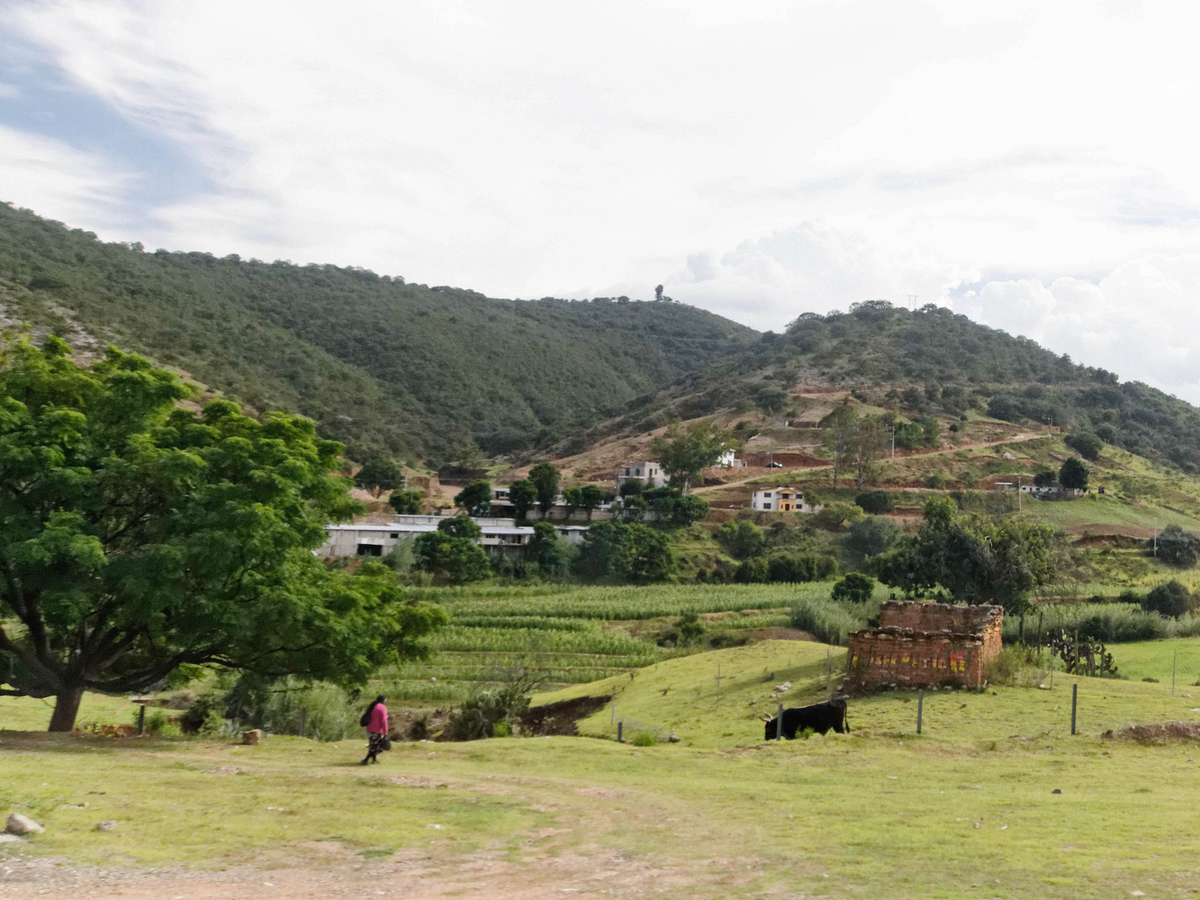Energy transition in Mexico
While traditionally relying mostly on fossil fuels, Mexico offers great potential for renewable energy. One of the most promising is the innovative use of solar power, which could turn the North American country back into an energy export nation. In addition, establishing a new industry whose economic activity would bring further income sources to improve social conditions, hence reducing poverty.
Replacing fossil fuels by clean and environmentally friendly sources such as solar energy is challenging, but could make Mexico a role model, among countries with comparable conditions, in the use of solar energy, states Patricia Oviedo from ITAS. In her PhD project, she therefore aims to develop strategies for implementing a sustainable energy system in the arid Mixteca area in the State of Puebla, where 92 percent of the centralized energy system is currently based on fossil fuels.
Transition to a low carbon energy system
Improving competitiveness of renewable technologies, implementing necessary policies, and raising awareness among communities are some of the main challenges the implementation process would face. Another focus of Patricia Oviedo’s project lies on the uncertainties surrounding future technological, economic, political, and social changes of this low carbon transition pathway.
The project therefore combines two methodologies. The Cross-Impact Balance (CIB) method helps to identify the main elements promoting but also impeding such an energy system transformation. In addition, the Integrated Concept of Sustainability (ICoS) developed by ITAS allows the assessment of possible strategies in terms of sustainability. The Helmholtz Association and ITAS have successfully applied both methods in several projects on sustainability strategies. (25.01.2018)
Further information


